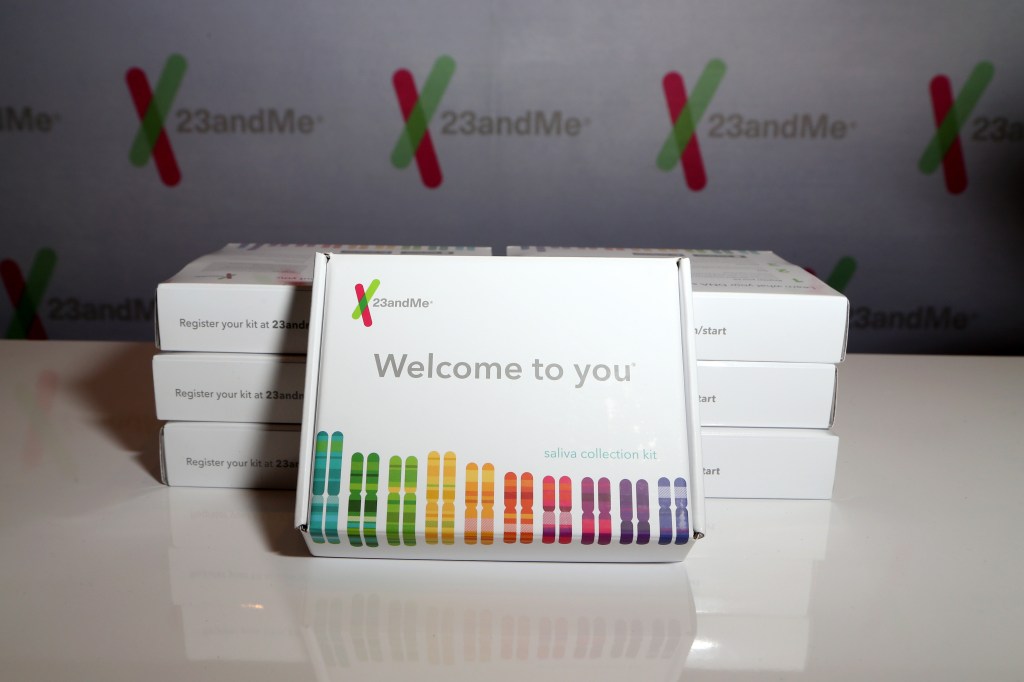In a strategic move to bolster domestic lithium production, the U.S. Department of Energy (DOE) has secured equity positions in Canadian-based Lithium Americas and its joint venture with General Motors (GM) in Nevada. This development follows a renegotiation of a substantial $2.26 billion federal loan previously granted to Lithium Americas.
Under the revised agreement, the DOE will obtain a 5% equity stake in both Lithium Americas and the Lithium Americas-GM joint venture. These stakes are to be acquired through no-cost warrants, financial instruments that grant the government the right to purchase shares at a predetermined price. This arrangement aims to provide additional collateral for the loan, thereby mitigating repayment risks for taxpayers.
The announcement led to a significant market response, with Lithium Americas’ shares surging by 34% in after-hours trading.
Lithium, a critical component in electric vehicle (EV) batteries and various electronic devices, is essential for the transition to cleaner energy solutions. Despite possessing some of the world’s largest lithium deposits, the United States currently contributes less than 1% to the global lithium supply. This disparity underscores the nation’s reliance on foreign sources for this vital mineral.
U.S. Energy Secretary Chris Wright emphasized the significance of this initiative, stating, Despite having some of the largest deposits, the United States produces less than 1% of the global supply of lithium. Thanks to President Trump’s bold leadership, American lithium production is going to skyrocket. He further highlighted that this move aims to reduce dependence on foreign adversaries for critical minerals by strengthening domestic supply chains and ensuring better stewardship of American taxpayer dollars.
This equity acquisition is part of a broader strategy by the Trump administration to secure ownership stakes in key industries. Notably, the administration has also announced plans to acquire a 10% stake in Intel and MP Materials, a company operating a rare earth minerals mine within the United States.
Lithium Americas is at the forefront of developing the Thacker Pass mine in Nevada. The project’s first phase is projected to yield sufficient lithium to manufacture approximately 800,000 electric vehicles annually. The permit for this ambitious project received approval from President Trump in January 2021, during the concluding days of his first term.
In a significant investment move last year, GM acquired a 38% stake in Lithium Americas for $625 million. This investment granted GM exclusive rights to procure the entire production from the first phase and secured a 20-year supply agreement for lithium from the mine. This partnership underscores the automotive industry’s commitment to securing essential resources for the burgeoning EV market.
The DOE’s decision to take equity stakes in Lithium Americas and its joint venture with GM reflects a concerted effort to enhance domestic production of critical minerals. By investing directly in these projects, the government aims to reduce reliance on foreign sources, strengthen national security, and support the growing demand for electric vehicles and renewable energy technologies.
This move also aligns with broader governmental strategies to invest in and support industries vital to the nation’s economic and technological future. By securing stakes in companies like Lithium Americas, Intel, and MP Materials, the administration is positioning the United States to be more self-reliant in critical sectors.
The Thacker Pass project is particularly noteworthy due to its potential scale and impact. As one of the largest known lithium resources in the United States, its development is crucial for meeting the anticipated surge in demand for lithium-ion batteries. These batteries are not only essential for electric vehicles but also for a wide range of consumer electronics and energy storage solutions.
The collaboration between the government, Lithium Americas, and GM exemplifies a multifaceted approach to addressing the challenges of domestic lithium production. By combining resources, expertise, and strategic investments, these entities aim to establish a robust supply chain that can support the nation’s energy and transportation needs.
Furthermore, this initiative is expected to have significant economic implications. The development of the Thacker Pass mine and associated projects will likely create numerous jobs, stimulate local economies, and contribute to the overall growth of the domestic mining and manufacturing sectors.
In conclusion, the U.S. government’s acquisition of equity stakes in Lithium Americas and its Nevada mining project represents a pivotal step toward enhancing domestic lithium production. This strategic move aims to reduce foreign dependence, bolster national security, and support the transition to a cleaner, more sustainable energy future.



